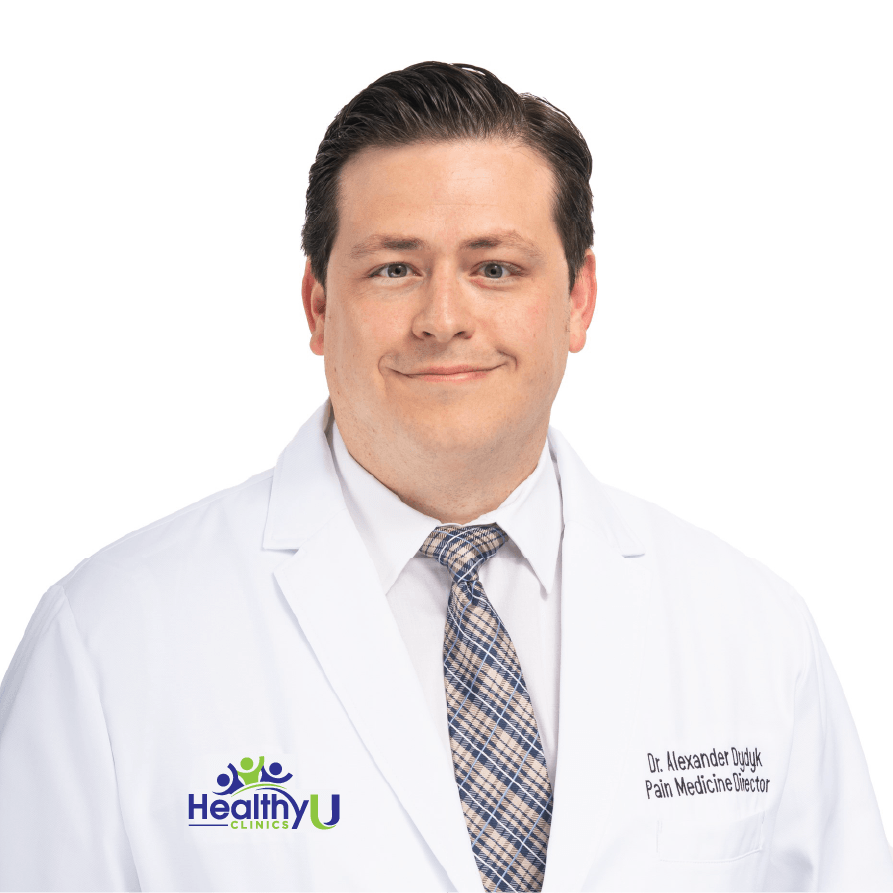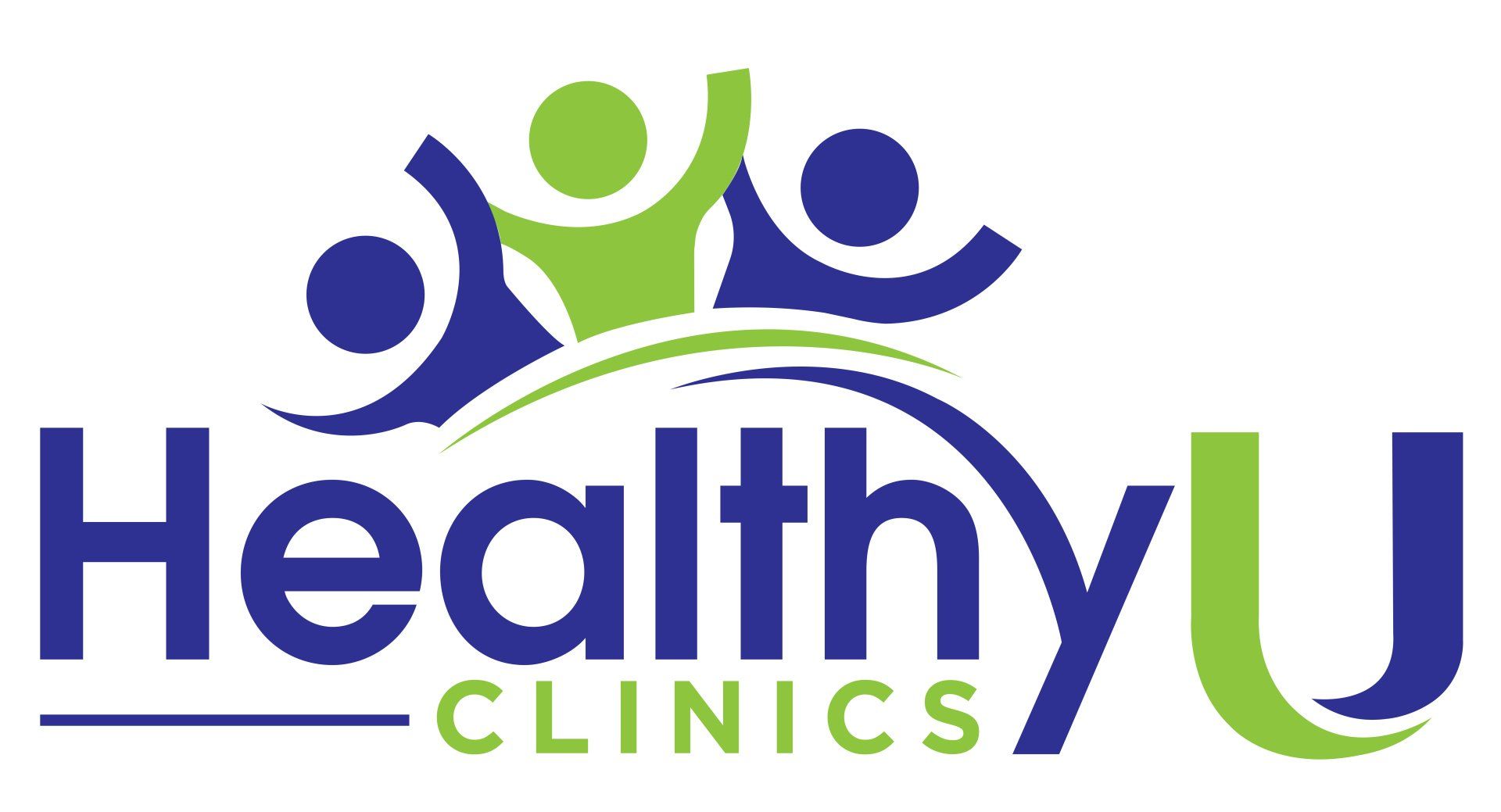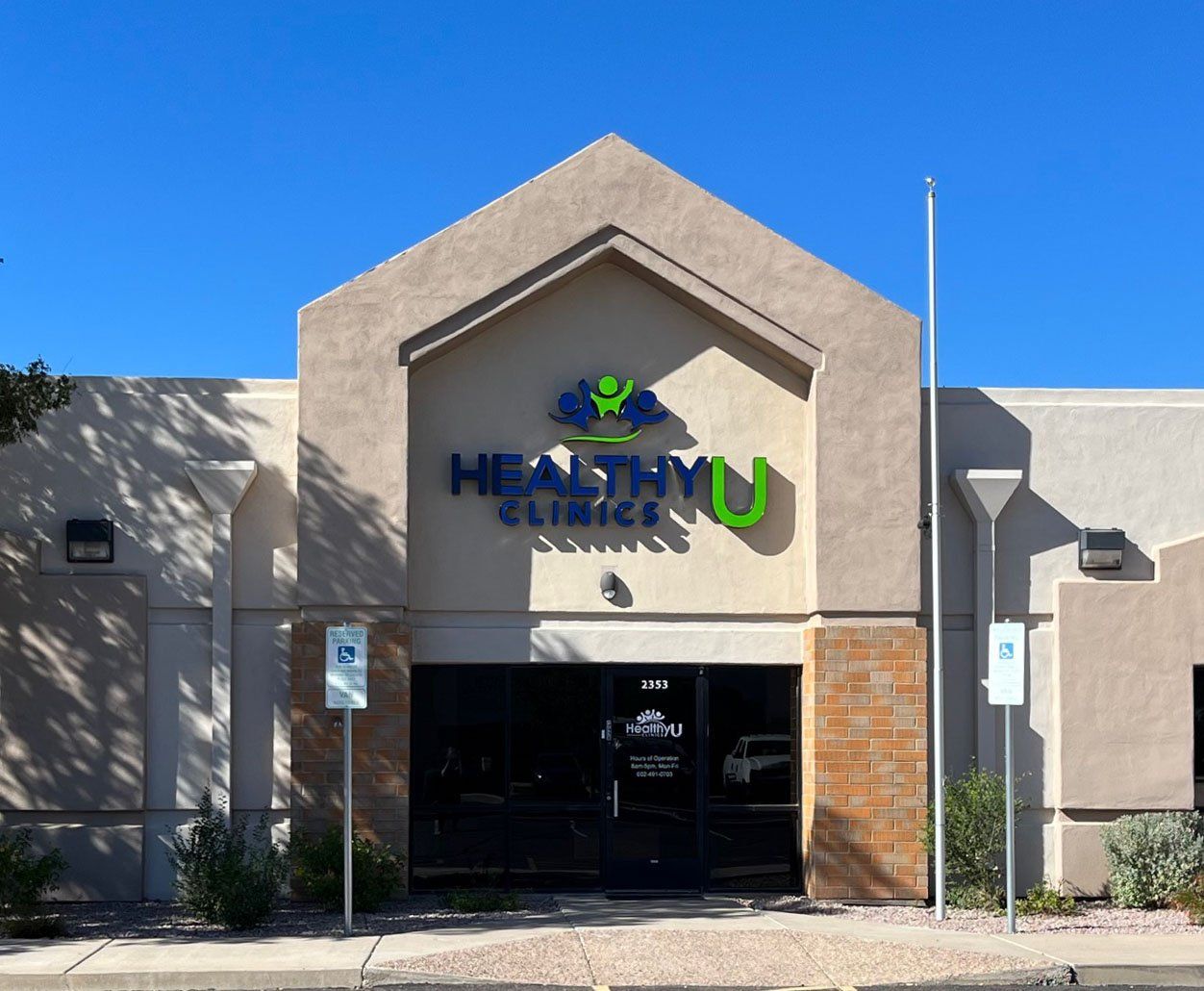Food is Love
Food is Love
Have you ever heard the expression, eat to live, not live to eat? That person has never tried my meatballs and sauce. I am half Italian and Sicilian on my mother's side, and I am Ukrainian on my father’s side. Italian influence has been dominant throughout my life, no more so than the belief food is love.
Many cultures express pride in their cuisine and love of eating. Yet, there is nothing like an Italian's urge to feed their guests. For a guest at my dinner table, there is no better way to show you what you mean to me than to let me cook. Food is a love language.
The challenge is balancing these acts of love with our health. The unfortunate truth is over 70% of men and women in the United States are overweight and obese. This fact's long and short-term ramifications are Americans' most significant health challenge. Unfortunately, the solution becomes infinitely complex when you factor in our society's fascination with food. It only gets more complicated when a bowl of pasta, made for you by your mother, means I love you. No wonder I have struggled with my weight all my life.
Diets are destined to fail because they fundamentally do not factor in our core values. For example, if food is love, and you love to eat, why would you take away something so important and representative of whom you are? Likewise, lifestyle change, creating healthy habits, and finding activities we enjoy which allow us to be more active are sustainable for long-term weight loss. Still, weight loss can appear to be a tall task without buy-in from our family and friends.
So why do we care so much about being at a healthy weight?
There are two general categories—acute and chronic complications related to obesity. Acute complications are things you notice today. Being obese profoundly impacts our mood, increasing our rates of anxiety and depression. Obesity affects our sleep, putting us at risk for obstructive sleep apnea and obesity hypoventilation syndrome. These disorders lead to tiredness and fatigue from non-restorative sleep or headaches from abnormal sleeping and breathing patterns.
Hormone imbalances from excess adipose (fat cells) can lead to too much estrogen, causing complications leading to infertility, irregular and painful menstrual cycles, and chronic pain in women. In men, too many fat cells can impair testosterone levels, cause sexual dysfunction, and reduce energy and muscle mass. In addition, acid reflux, infection risks, and worsening pain related to osteoarthritis are all directly related to being overweight and obese.
There are also multiple chronic complications associated with being overweight—too many for this article. Diabetes, for one, is a risk factor due to impaired sugar regulation. In addition, hypertension (impaired blood pressure control) is more prevalent in the obese, and the risks are associated with heart disease.
We care about these chronic conditions because being obese means increased risks of heart attacks (myocardial infarctions) and strokes (cerebral vascular accidents).
Simply put, being obese means increased morbidity and mortality. As a result, you live with more health problems and are more likely to have a premature death related to these problems.
Of course, being obese does not mean we must all stop eating the things we love or stop cooking our treasured recipes for our family and friends, but it does mean we can do better.
Regardless of our cultures, social circles, and interests, the risk of living with obesity is real. The answer to many of these complications associated with obesity, is weight loss. The real crux of the problem is the how. A successful weight loss plan is different for everyone. Behavioral modifications, dietary change, pharmacological management, increasing our physical activity, treatment of comorbid conditions, and in some cases, bariatric surgery are all necessary parts of weight loss.
Weight loss is hard. I love to eat, and this will never change. Nor will my love of cooking for other people. The Italian in me would not have it any other way. Food is Love. But, you are up for the challenge of becoming a healthier you because the risk of doing nothing is too significant. Instead, you can lose weight, keep it off, and still be you.
At HealthyU Clinics, we're here for U. To schedule an appointment, contact us at 602-491-0703 or schedule online here.

By: Alexander Dydyk, DO
Director of Pain Medicine










